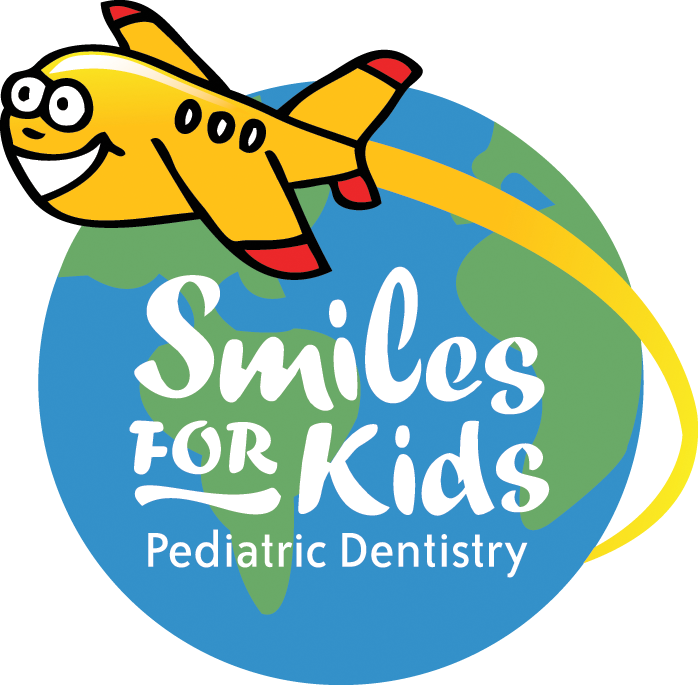It seems like everywhere you look, a new type of sparkling water has appeared on the market. You know some of their names like Perrier, Topo Chico, San Pelligrino, La Croix and others. What are they? These are carbonated waters, which is water containing carbon dioxide gas. This can occur naturally from certain mineral springs or through an artificial process under pressure, which produces carbonic acid. Yes, I said acid. But how acidic is TOO acidic, and what does this mean for your teeth?
The pH scale ranges from 0 to 14. Anything below 7 is an acid, and anything over 7 is basic. Drinks that should be avoided are those with a very low pH (<4) or very acidic, for example, fruit juices, fruit drinks, sodas, sweetened teas, sports drinks, and energy drinks. Those above 4 are considered minimally erosive to the teeth. Carbonated waters can be found in the range of 3-6. Regular water is typically found between 5-7. You can visit the ADA.org for a comprehensive list of beverages and their associated pH levels and erosive potentials.
A recent study by the ADA determined that even though carbonated water is slightly more acidic than regular water, they had about the same effects on teeth. So there you have it! Carbonated water is a better alternative than sodas, juices, and other sugary drinks mentioned above, BUT be sure to check for added sugars, flavors or citruses that will increase its acidity, thus increasing your risk for cavities.
The best water is regular, fluoridated water.































































